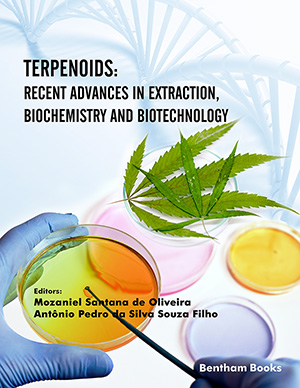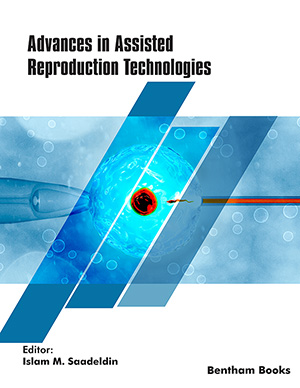
Abstract
A proteome is an efficient rendition of a genome, unswervingly controlling various cancer processes. Molecular mechanisms of several cancer processes have been unraveled by the proteomic approach. Thus far, numerous tumors of diverse status have been investigated by two-dimensional electrophoresis. Numerous biomarkers have been recognized and precise categorization of apparent lesions has led to the timely detection of various cancers in persons at peril. Currently used pioneering approaches and technologies in proteomics have led to highly sensitive assays of cancer biomarkers and improved the early diagnosis of various cancers. The discovery of novel and definite biomarker signatures further widened our perceptive of the disease, and novel potent drugs and aimed therapeutic outcomes in persistent cancers have emerged. However, a major limitation, even today, of proteomics is resolving and quantifying the proteins of low abundance. Despite the rapid development of proteomics technologies and their applications in cancer management, annulling the shortcomings of present proteomic technologies and the development of better methods are still desirable. The main objectives of this review are to discuss the developing aspects, merits and demerits of pharmacoproteomics, redox proteomics, novel approaches and therapies being used for various types of cancer-based on proteome studies.
Keywords: Proteomics, cancer, pharmacoproteomics, redox proteomics, diagnostic biomarkers, therapeutics.
Erratum In:
Cancer Proteomics: New Horizons and Insights into
Therapeutic Applications
























